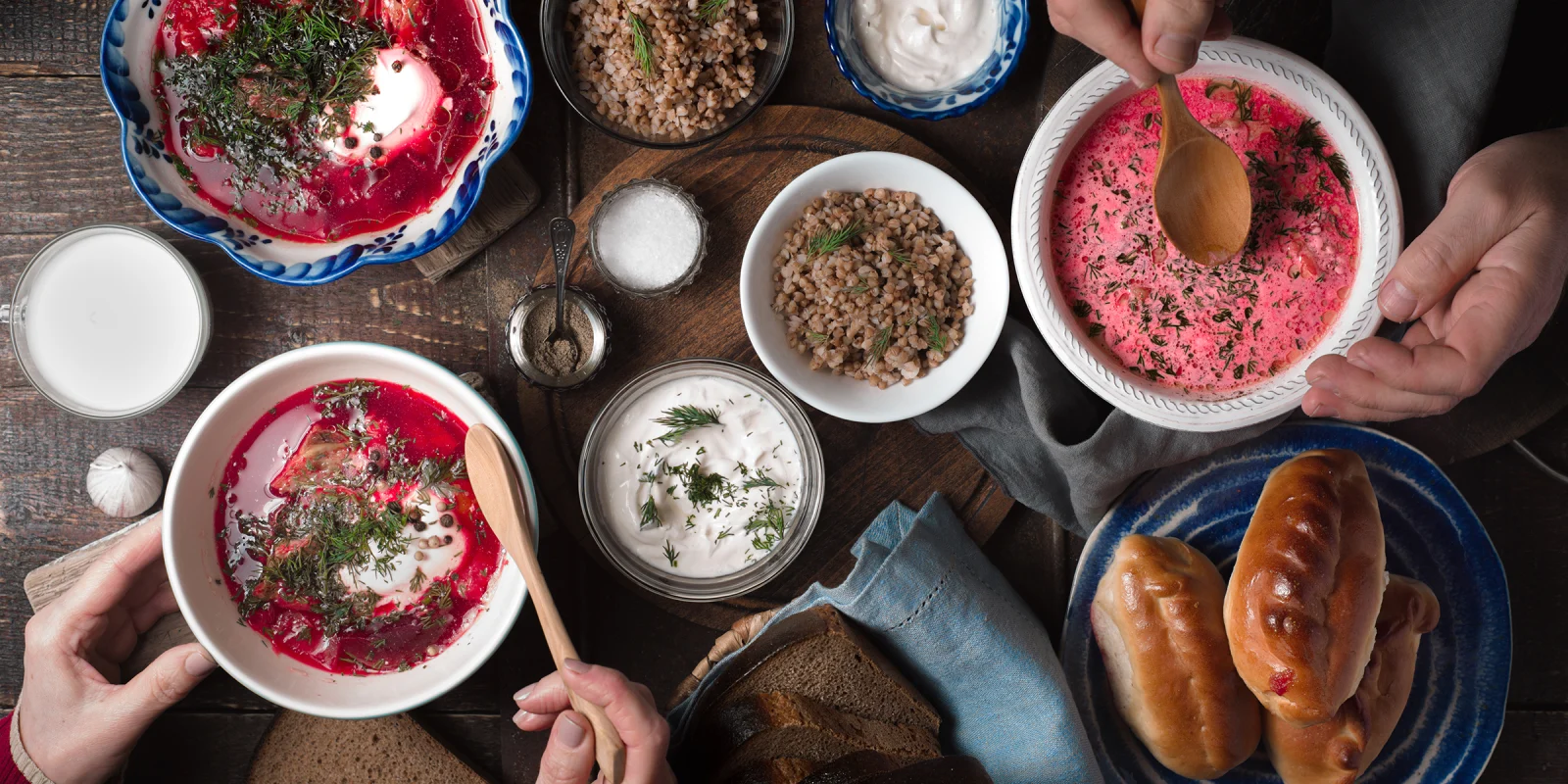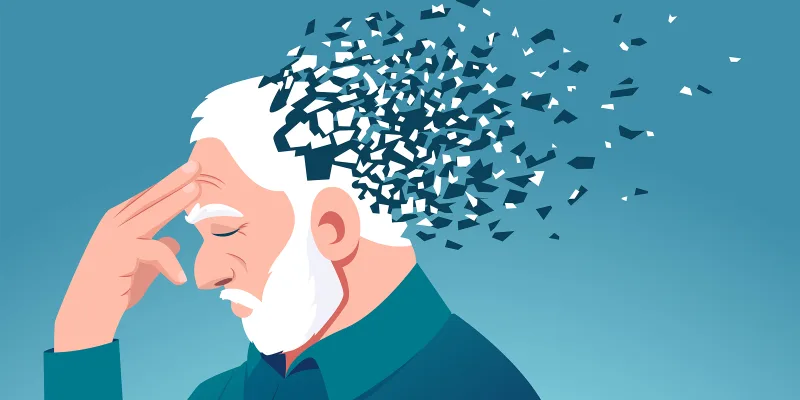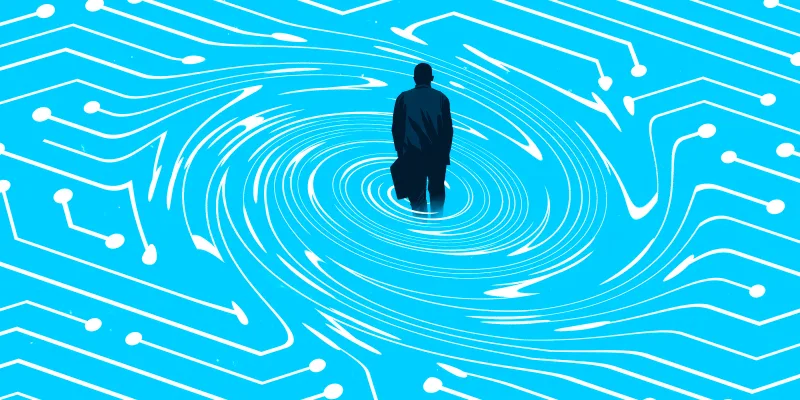The voice called out, “come sit down and eat.”
Before I walked through the hallway to the dining room, I was met with the delicious, familiar aromas of what could only be a European midday meal. Sure enough, spread out on the table were several selections of meats and breads, a bowl of borscht, and an array of desserts. I had not eaten breakfast that morning, and I could not help imagining how delicious the warm meal would taste. I was a fourth-year nursing student, hyperaware of my need to maintain boundaries and professionalism. So this afternoon, during my rotation on hospice, I was taken aback when we arrived at the patient’s home and were asked to sit down and join their afternoon meal.
As I turned to my instructor for guidance, I saw that she was already seated and serving herself while she made small talk with the family. I was entirely outside my comfort zone, torn between the desire to connect with the patient and family over food, and the feeling that it was somehow unprofessional to eat what was offered to me by a patient. After all, in nursing school, I learned that I could not accept gifts from patients, as it could be misconstrued as a conflict of interest. I would never dream of sharing a patient’s meal tray in the hospital or accepting an offer from their family to bring me a plate when they return from a drive-through.
This, however, was not the hospital. As I soon learned on my hospice rotation, the patient’s home is their territory, and the rules of the game are slightly different. When they ask you to sit down and eat lunch with them, you oblige. You sit where they direct you to and follow their lead. There is less rush, less sterility to the visit. You find more time to connect as you take a glimpse into their private life and routine. As you discuss their pain regimen and recently worsening shortness of breath, you make sure to compliment not just their adherence to their medication regimen but also the melt-in-your-mouth bread and borscht soup.
Sharing a meal with and caring for patients in their own homes is reminiscent of how medicine was practiced in a time before hospitals and modern medicine. One of the most integral parts of a community is the sharing of meals, the breaking of bread. The sick were cared for in their homes by their families and community. When medically trained professionals became more widespread, they would visit their patients in their homes. They were considered part of the family and bore witness to life and death within their patients’ homes.
In her memoir of her years working at Laguna Honda Hospital, “God’s Hotel,” Dr. Victoria Sweet writes about how she came to discover what she calls “slow medicine.” For Dr. Sweet, slow medicine means spending more time with patients and “stepping back and seeing the patient in the context of his environment." Dr. Sweet spent over 20 years at America’s last almshouse, Laguna Honda Hospital, an unusual hospital where Dr. Sweet felt she was able to discover the heart of medicine — taking time with patients to find out what is truly wrong, meeting them where they are, and ministering to them as a whole person, not just an illness.
In my practice as an RN in the ED, patients come to me instead of the reverse in hospice. They leave the comfort of their homes to surrender themselves to an unfamiliar environment. The ED is my house — austere, often chaotic, and lit by blinking lights, beeps, and alarms. There is little time for the kind of conversations and moments I would like to share with my patients. So how do I find the time? How do I make time? Is there a place for the metaphorical breaking of bread, the acknowledgment of our shared humanity?
I like to think so.
Perhaps it is not over a long table laden with a hand-prepared buffet, but in the little moments of patient care, interspersed with dressing changes and medications and blood draws. Within the hospital and outside it, we are still human. And where we can acknowledge our shared humanity, there is the possibility of connection.
Christina Wornom is a registered nurse at Spartanburg Medical Center's Emergency Department and has worked there for four years. She serves on several committees including a Core Measures Process Improvement Team and is passionate about improving the quality of care provided to patients. Christina is currently in the process of seeking admission to medical school. She has no conflicts of interest to disclose.







